Assessing Danger

I recently took a well-known personality assessment in preparation for a seminar. It’s one I’ve taken twice before and I wondered if these results would be similar. As soon as the report arrived I sent it off to my spouse, my first step in validity testing. “How accurate does this appear to you,” I asked.
“This is like reading a report from a fortune teller,” was her reply about 20 minutes later. She segmented the results into three sections:
- Those things that are definitely true about me,
- Those things that definitely are not true, and
- Those things generally true of a lot of people.
If you imagine a bell curve, under the left tail are the things that are true and under the right tail are the things that are not true about me. In her view, most of the assessment contained things that are generally true of a lot of people – they’re the things in the middle of the curve. That’s how fortune-tellers work, she explained. They try to pinpoint a few specific things about you and then throw in a lot of things that are true of many people. You end up with a reading that is bound to be pretty close.
Used correctly, personality assessments can be a great benefit, especially in helping us with self-awareness and in the awareness of others. Yet, we can be derailed by assessments. In some cases, there is danger beyond derailment. Here are some tips on how to view assessments.
How a Personality Assessment Helps
Personality assessments play a critical role in:
- Self-awareness of tendencies in thinking, behavior, speaking, & motivations
- Awareness of others’ tendencies
- Identifying tendencies in ourselves & others
- Using strategies to work with different tendencies
How a Personality Assessment Hurts
Personality assessments can derail us when they are used:
- as a way to identify a fixed quality or set of qualities that can’t be changed
- to oversimplify someone or group of people
- to diagnose actions and thoughts
- as a way to think you “really know” someone
- as the one best way to know yourself (self-awareness) or others (other awareness)
- as a primary lens through which you see yourself and others
As the great psychiatrist and psychologist Carl Jung once said, Remember, everyone is an exception. To really know yourself you have to spend time with yourself. Developing regular practices in reflection, meditation, prayer, and mindfulness are few very good ways to do this. Depending upon an assessment as a shortcut or substitute (think Cliff Notes) shortchanges this process.
It’s the same with knowing other people. You have to spend time with them to really get to know them.
As enlightening as assessments can be, there is no one best assessment out there. That’s one reason why there are so many. So it can be beneficial to take a variety, just don’t become over-reliant on them.
When I compared my recent report to the reports from my previous times taking this assessment I found some significant differences. It caused me to think more about ways I might have changed and some reasons for those changes.

